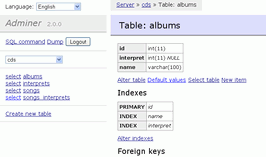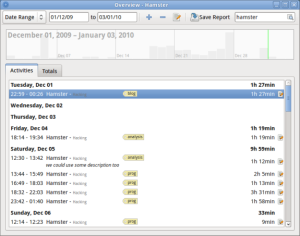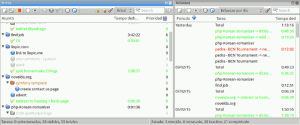Recently I bought a new laptop, and while configuring my tools I noticed I haven’t cared about VIM plugins for years. It was the perfect time to have a look at the most interesting plugins.
Firstly I installed Pathogen to manage VIM plugins. It allows you to install other VIM plugins in separate directories. This way you avoid the mess the .vim directory can become.

Regarding general plugins, I installed NERDtree which is a directory tree explorer, ideal to keep a general view of your project. Also installed Airline, that shows an improved status bar with lots of information about the current file. However I couldn’t see it at first and I had to add the following line in my ~/.vimrc file.
set laststatus=2
If we speak about writing code, the most useful plugin you can install is SuperTab, which improves auto-completion with the tab key. This one works really well in pair with Ultisnips, that (as it name suggests) allows you to save snips of code and recall them later. I also added to my list the transparent Skeletons plugin. If you create a new file, this plugin gives you a template to start with, depending on the type of file you created.
Time to have a look at web development. In order to work with HTML, I installed matchit (a classic) but also HTML5, which adds omnicomplete funtion, indent and syntax for HTML 5 and SVG. As sometimes I use less to write improved CSS, I added Less, a single file with syntax.
The PHP programming section is based in the PIV (PHP integration for VIM), which includes various plugins. Actually I disabled some of them, just to meet my needs. Finally I added Syntastic: every time you save a PHP file, it automatically checks it with PHP’s lint (finds grammar errors), PHP Code Sniffer (alerts style errors) and PHP Mess Detector (suggests improvements), showing the results inline.
Am I missing any other basic plugin? I guess not, as with these tools I feel really backed to develop any project.
Update: I forgot to list xDebug (an interface for PHP’s xDebug).



